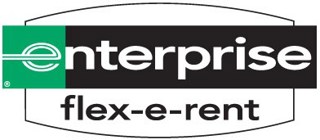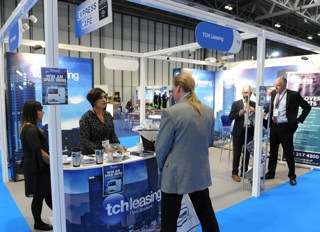Road risk should be a priority for employers, with more than a third (39%) of work-related deaths in the EU occurring on the road.
In the UK that equates to an average of 11 at-work drivers killed every week yet, visitors to Fleet Management Live heard some businesses are failing to get to grips with the issue, which is costing them an estimated £2.7 billion a year.
James Blackhouse, a solicitor who specialises in fleet, told employers that, when it comes to employees driving in the course of their work, the buck stops with them. “You’re the employer,” he told visitors “It’s your responsibility.”
The grey fleet – employees who drive their own car in the course of their work – remains a particular area of concern.
“It’s a ticking time-bomb,” said Jennifer Gradden, account director with LeasePlan’s Fleet Risk Solutions division. “Most of the customers I speak to don’t even know how many drivers they have on their grey fleet.”
It’s not surprising then that the road safety charity Brake says a third (32%) of employers don’t enforce the same maintenance checks and safety policies they employ with company vehicles, with the grey fleet.
Brake’s corporate liaison office Joe Burns explained: “There’s a lack of stringency and upkeep of policies. If an employer is going to allow employees to drive their own car on business, a good grey fleet policy has to be applied.”
It should specify a minimum NCAP safety rating or emissions level for cars driven on business, while insisting on regular checks of vehicle documents, driver’s licence and insurance.
It is also vitally important that the employer has a paper trail showing these checks have been made. “Can the employer prove they have the appropriate cover and the relevant paperwork?
“And, whilst the employee is responsible for ensuring the vehicle complies with laws on roadworthiness, and it is serviced in-line with manufacturer’s guidelines, it’s the employer who is required to prove this is actually happening,” concluded Burns.



















Login to comment
Comments
No comments have been made yet.